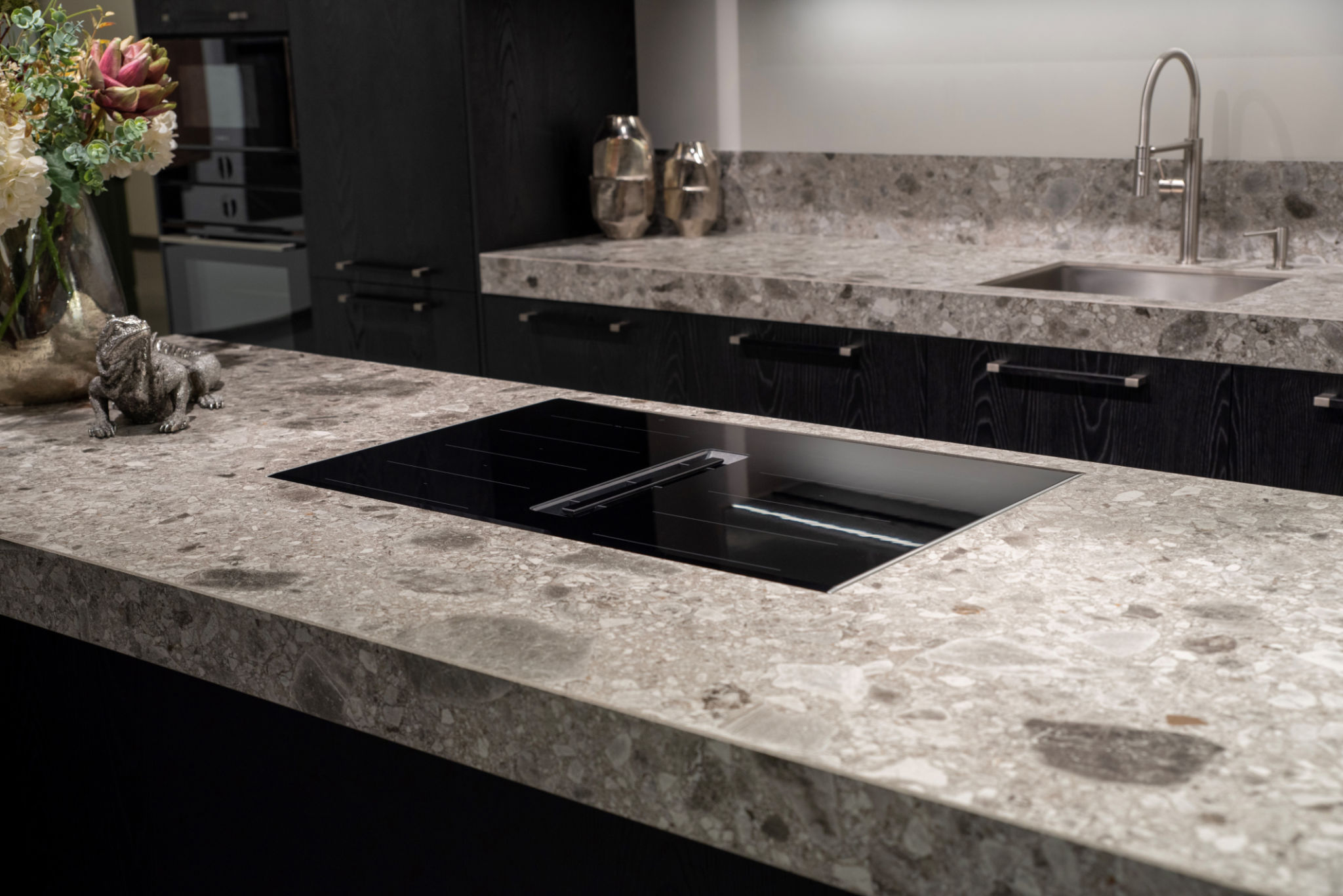The Ultimate Guide to Installing Stone Kitchen Countertops
Understanding Stone Countertops
Stone kitchen countertops are a popular choice for many homeowners due to their durability and aesthetic appeal. They offer a natural elegance to any kitchen and can significantly enhance its value. There are several types of stone countertops available, including granite, marble, quartz, and soapstone. Each type has its unique properties, making it essential to choose the right one for your needs and style preferences.

Choosing the Right Stone for Your Kitchen
When selecting a stone countertop, consider factors such as durability, maintenance, and cost. Granite is known for its toughness and resistance to scratches, making it ideal for busy kitchens. Marble offers a luxurious look but requires more maintenance to prevent staining. Quartz is a non-porous option that resists stains and scratches but can be more expensive. Soapstone provides a rustic appearance and is heat-resistant, although it may scratch more easily than other stones.
Preparing for Installation
Proper preparation is key to a successful stone countertop installation. Begin by measuring your kitchen space accurately to ensure the countertops fit perfectly. Consult with a professional if you're unsure about the measurements. It's also important to plan for any additional features, such as sinks or cutouts for appliances, as these will need to be factored into the design and installation process.

Step-by-Step Installation Process
The installation of stone countertops involves several steps:
- Template Creation: A template of your kitchen layout is created to ensure the countertops are cut precisely.
- Stone Cutting: The stone slab is cut according to the template, including any necessary cutouts.
- Surface Preparation: The existing countertops are removed, and the surface is cleaned and leveled.
- Installation: The stone slabs are carefully placed and secured in position.
- Sealing: To protect the stone and enhance its longevity, a sealant is applied after installation.
Caring for Your Stone Countertops
Once your stone countertops are installed, proper maintenance is crucial to keep them looking their best. Regular cleaning with mild soap and water is recommended. Avoid harsh chemicals that can damage the stone's surface. For granite and marble, periodic resealing is necessary to maintain their resistance to stains.

Troubleshooting Common Issues
Despite their durability, stone countertops can encounter problems such as stains, scratches, or chips. For minor scratches or chips, a professional can often repair the damage. Stains should be addressed promptly with appropriate cleaning solutions specific to the stone type. If you encounter persistent issues, consulting with a specialist can provide solutions and prevent further damage.
The Benefits of Professional Installation
While some homeowners may consider DIY installation, hiring a professional offers several advantages. Professionals have the experience and tools necessary to ensure precision and quality. They also minimize the risk of damage during installation and provide valuable advice on maintenance. Investing in professional installation can save time, reduce stress, and ensure a flawless finish.
In conclusion, installing stone kitchen countertops can transform your space into a stunning culinary haven. By understanding your options, preparing adequately, and maintaining your countertops properly, you can enjoy their beauty and functionality for years to come.
